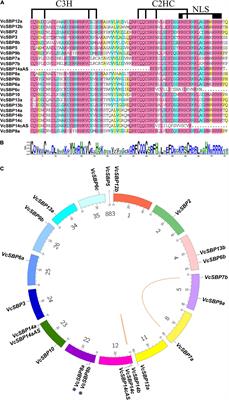EDITORIAL
Published on 28 Feb 2022
Editorial: Epigenetics in Plant Development
doi 10.3389/fpls.2022.864945
- 2,192 views
- 3 citations
27k
Total downloads
100k
Total views and downloads
You will be redirected to our submission process.
EDITORIAL
Published on 28 Feb 2022
MINI REVIEW
Published on 10 Feb 2022
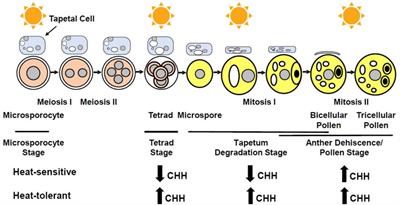
REVIEW
Published on 03 Feb 2022
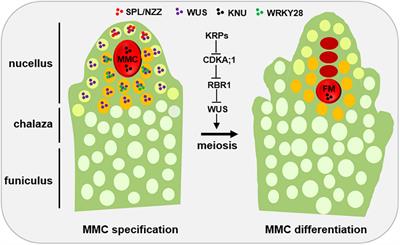
ORIGINAL RESEARCH
Published on 27 Jan 2022
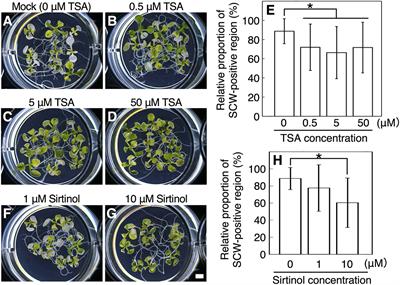
ORIGINAL RESEARCH
Published on 15 Dec 2021
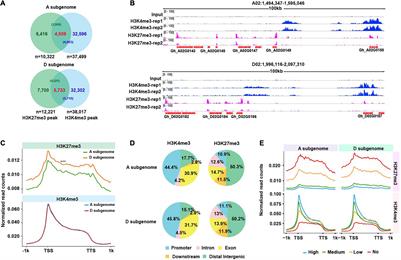
ORIGINAL RESEARCH
Published on 30 Nov 2021
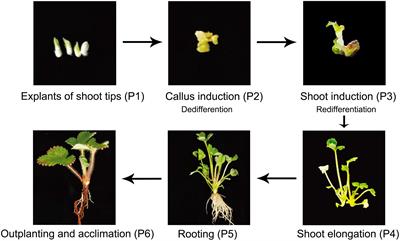
REVIEW
Published on 30 Nov 2021
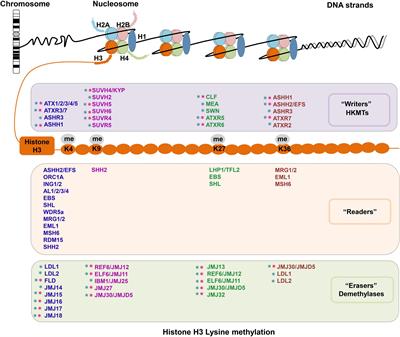
REVIEW
Published on 17 Sep 2021
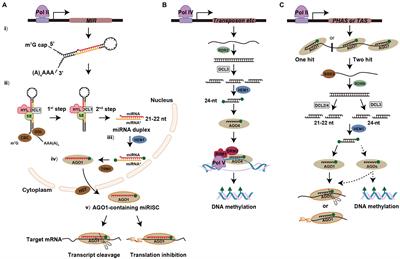
ORIGINAL RESEARCH
Published on 11 Aug 2021
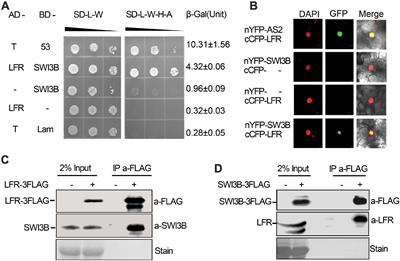
ORIGINAL RESEARCH
Published on 21 Jul 2021
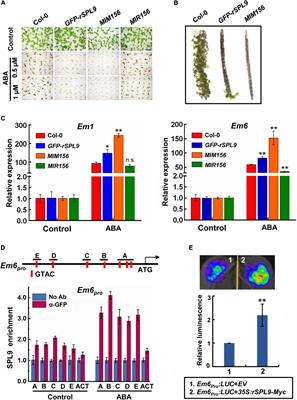
MINI REVIEW
Published on 05 Jul 2021
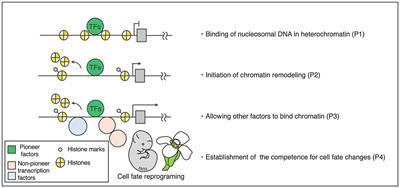
ORIGINAL RESEARCH
Published on 01 Jul 2021
